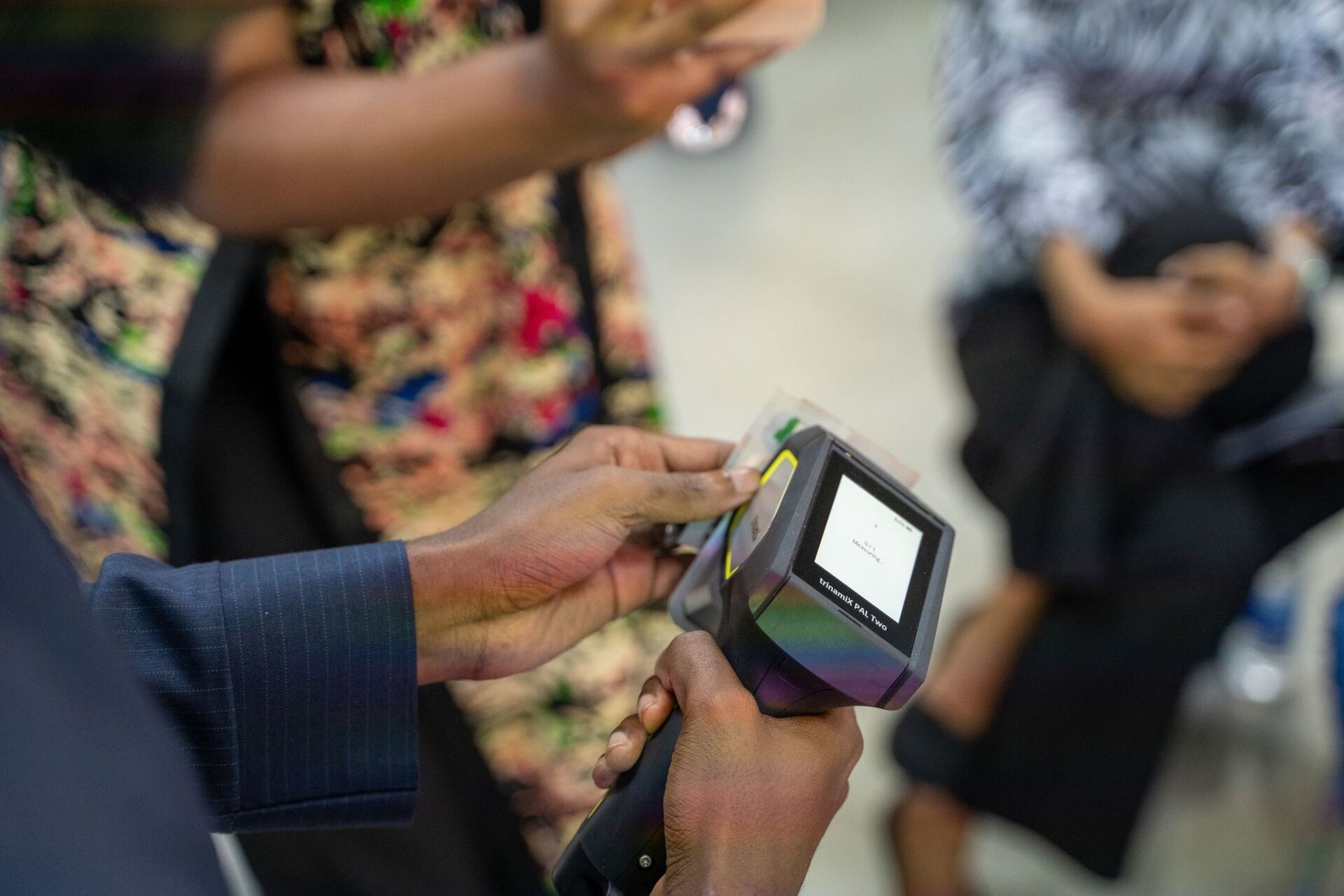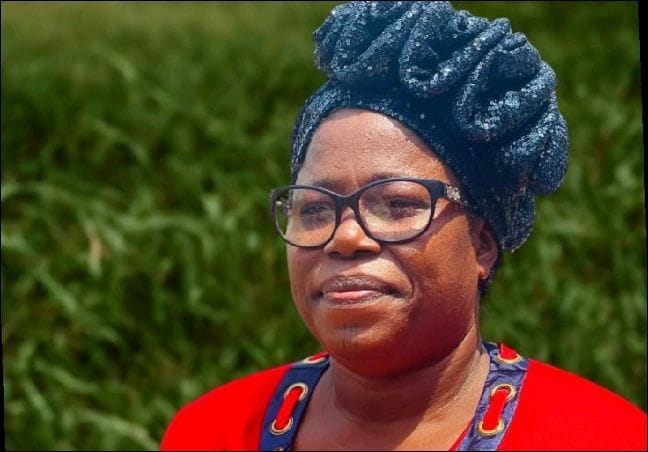- Circular Rising
- Posts
- Africa breaks new ground in waste-to-fertiliser initiative
Africa breaks new ground in waste-to-fertiliser initiative
Dear subscriber, this is a prototype. Please help us with feedback. Just press reply.
Kenya has become the first African country to deploy EasyFEN™, a proprietary waste-to-fertiliser technology, signalling a step toward unlocking an untapped circular opportunity. The $3.4 million plant is expected to convert organic waste into microbial fertiliser and pave the way for expansion across more than ten countries. |
Converting organic waste into fertiliser offers environmental relief while creating a powerful circular economy opportunity, turning a persistent waste challenge into a productive resource.
As a predominantly agricultural continent, local fertiliser production could strengthen soil fertility, improve crop yields and resilience, and promote more sustainable farming practices across Africa.
Our take: This initiative builds on the long-standing tradition of African communities using organic waste as manure, modernising it at scale to generate both economic and environmental value.… Read more (2 min)
As Nigeria struggles with mounting waste, circular economy and SDG advocate Helen Olu-Anthony says the absence of consistent policy is the biggest barrier to progress, leaving recycling, financing and informal collectors’ contributions underutilised. Without government commitment, she warns, the country risks missing its circular economy opportunity. |
According to Ms Olu-Anthony, inadequate collection systems, weak extended producer responsibility enforcement and poor planning data are core policy failures holding back the country’s circular transition.
In an interview she argues that only stronger government commitment can unlock financing, empower informal collectors and enforce recycling standards, transforming waste into a driver of jobs and sustainability.
Find the full conversation here (2 min)
Plastic-based circular economy initiatives in Africa are set to benefit from a strategic shift by the Alliance to End Plastic Waste, a global non-profit tackling plastic pollution. Its Strategy 2030 pivots from small pilots to systemic programmes in countries with underserved waste systems, each designed to mobilise about $100 million in collective financing. |
The focus on countries with weak waste systems matches Africa’s reality, where many cities face mounting crises of high leakage, poor collection and minimal recycling capacity.
By linking governments, development banks and private investors, the new strategy could de-risk circular projects, attract long-term capital and scale infrastructure that has long been held back by funding gaps.
Our take: The new approach could finally deliver solutions that match Africa’s rising waste challenge, breaking from the small circular projects whose impact has often remained invisible…Read more (2 min)
___________________


Handheld waste sorting device piloted by GIZ among waste pickers in Nigeria
Events
🗓️ Celebrate at the 2025 SAPRO Recycling Awards in South Africa (August 27)
🗓️ Attend the Plastics Recycling Show Middle East & Africa in Dubai (September 15)
🗓️ Network at the Africa International E-Waste Conference in Kenya (October 16)
🗓️ Participate in the Nature and Circularity Week in South Africa (October 20)
Jobs
🧕 Serve Veolia as a Technical Sales Executive (Morocco)
🧕 Be the next Administrative Assistant at Zero Waste Technologies (South Africa)
🧕 Apply for Expert in Hazardous Chemical Waste Management role at DEM (Africa)
🧕 Join UNOPS as an E-waste Management Policy Specialist (Kenya)
🧕 Spearhead waste waster engineering at Mombasa Water Supply (Kenya)
Various
♻️ Nigerian government launches initiative to empower youths on circular economy
🗑️ History of rich countries dumping waste in the global South
👮 Proposed law in Kenya seeks to enforce strict e-waste management
🎰 New technology extracts silver from decommissioned solar panels
💰 Circular startups in Kenya awarded grants for circular innovations
🪫 Uganda launches pilot e-waste collection project
☣️ Medical waste poisoning communities in Mombasa, Kenya
Seen on LinkedIn
Roxana Colisniuc, Sustainability Manager at ING Hubs Romania says, “Last week in Geneva, the world gathered to negotiate the first Global Plastics Treaty. Expectations were high — yet the session ended without consensus. Until policymakers find common ground, it’s on all of us - leaders and citizens alike - to keep the momentum alive.”


